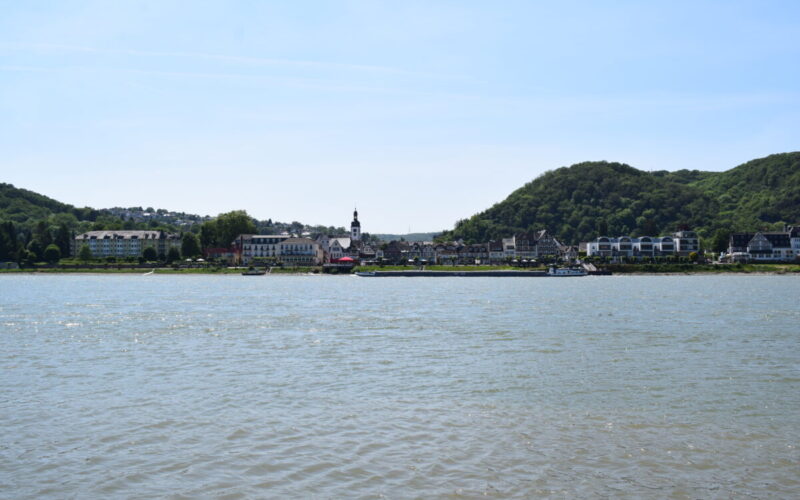Companies are adapting to the receding water levels in one of Europe’s most important trade routes, Rhine River, which has impeded shipping since the beginning of summer.
Chemical producer, BASF SE, loads and unloads approximately 15 barges a day, accounting for about 40 per cent of its transport volume, and it is set to re-route its logistics to trains and trucks, Bloomberg reported.
German company, Covestro AG, has facilities located in the German state of North Rhine-Westphalia which heavily rely on the Rhine River for the supply of the majority of its raw materials and transportation of approximately one-third of their finished goods.
To address the challenges posed by the critical water levels, the Covestro AG has established a dedicated task force. These measures involve renting additional ships to accommodate lighter loads and strategically shifting production to alternate locations in Germany and Belgium, reported Bloomberg.
Meanwhile, according to the American outlet, freight operators have taken significant action by revamping their fleets to include barges capable of traversing shallow waters. For instance, the freight operator HGK based in Cologne has a fleet of 350 barges that operate on the Rhine and other European rivers. However, only four are low-water vessels with three more under construction.
The expensive and laborious measures are intended to prevent extensive shutdowns caused by the disruptions in the crucial transportation route.
READ: Low water levels in Rhine River shrink sailing capacity
According to Bloomberg, it could cost up to €90 billion ($99 billion) to overhaul Rhine’s fleet, which does not include costs of reengineer the river to accommodate the ships.
Various initiatives to mitigate the impact of the drought have been actively developing for several years, from the implementation of early-warning systems, to the undertaking of a challenging 50-kilometre stretch dredging project.
According to estimates from the German government, such plans could reach €180 million ($197.7 million).
This comes after an initial warning sounded in 2018 where historically low water levels at the Rhine cost €5 billion ($5.5 billion) worth of German industrial production.
Following intense heat waves that affected southern Europe, the water levels in the river at Kaub, a significant waypoint west of Frankfurt, has been exceptionally low this summer, Bloomberg reported. Subsequently, a number of ships could only load around half of their usual throughput capacity.
Although recent rainfall has provided some relief, even minor fluctuations in water levels can have a significant impact on shipping operations. For instance, a mere 10-centimetre drop in water levels could translate to approximately 100 fewer tonnes that can be transported per ship, as explained by Florian Röthlingshöfer, Director of Swiss Rhine Ports.
Director of Germany’s Federal Waterways Engineering and Research Institute, Christoph Heinzelmann, said in an interview: “What we might experience today as the exception will become the norm in the future… With that, more limitations will arise.”








